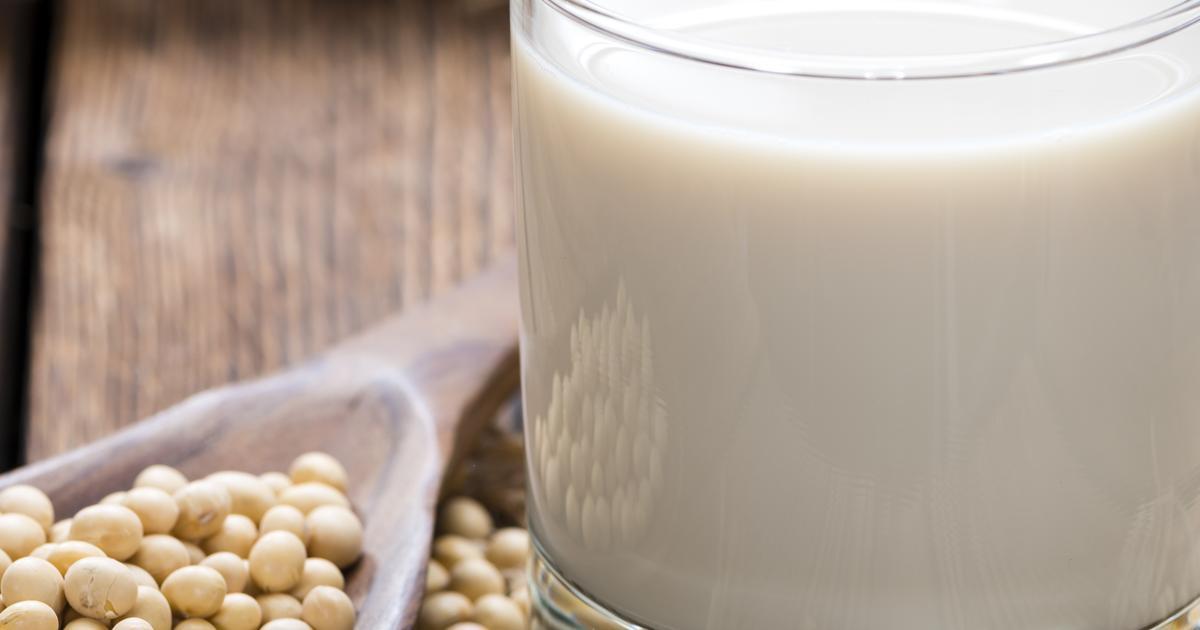Most Common Foods Proven To Help With Arthritis
Arthritis can be a debilitating disease that leaves an affected individual with limited mobility, soreness, fatigue, and can even affect sleep patterns. Today, there are over one hundred different types of arthritis and the most common variation is osteoarthritis, which affects the mobility of the hips and knees as well as the hands. Reports indicate osteoarthritis affects almost four percent of the world's population. There are many ways to manage osteoarthritis, along with many other forms of the condition (e.g. rheumatoid arthritis, another common kind), including medications and other serious medical interventions. What many individuals may forget or not realize, however, is food can be quite powerful when it comes to dealing with arthritis.
Fish

Research has found individuals who consume fish on a regular basis typically have a much lower risk of developing arthritis in the first place. Fatty fish such as mackerel, salmon, trout, and even canned tuna or sardines provide valuable nutrients, fats, and oils for humans. The main essential fatty acid found in fish is omega-3, which has been proven to help mitigate the severity of inflammation and swelling in individuals dealing with arthritis. Fish is also the only known dietary source of vitamin D, which arthritis patients are often quite deficient in. Thus, it stands to reason if they consume fish, they can help increase their levels of vitamin D and potentially manage their condition better as a result.
Soy

Soy, a crop originating in Asia, is rich in protein and amino acids, also containing anti-inflammatory and antioxidant properties within. It can be eaten in bean form, made into soybean oil, or even found in soy milk, yogurt, butter, or nuts. Adult osteoarthritis patients can greatly benefit from including soy in their diet, since they, like fish, are quite high in omega-3 fatty acids. Soybeans also contain lots of protein, are low in fat, and contain fiber, which makes them an overall healthy inclusion to most diets. However, individuals with arthritis should still not go over the recommended daily amount, which is twenty to eighty grams of soy protein, as too much soy can have negative consequences. Those with rheumatoid arthritis should also be sure to avoid consuming too much soy.
